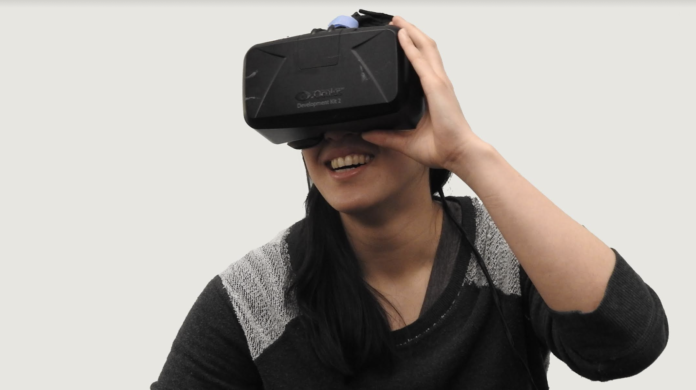The gaming industry has always been at the forefront of technological innovation, consistently pushing the boundaries of what’s possible in digital entertainment. Today, virtual reality (VR) stands as the latest frontier, revolutionizing the way we play and experience games. This advancement is as transformative as the emergence of the best New Zealand online casinos, which marked a significant shift in the digital entertainment landscape.
Revolutionizing the Gaming Experience
Virtual Reality has ushered in an era of immersive gaming, fundamentally changing how players interact with digital worlds. VR technology, through advanced headsets and motion tracking, allows gamers to step inside their games, experiencing them in a fully three-dimensional environment. This leap forward is akin to moving from watching a movie to being a character in it. Games are no longer just visual and auditory experiences but are increasingly tactile and immersive, offering an unprecedented level of engagement.
The Impact on Game Design
The advent of VR has necessitated a rethinking of game design principles. Developers are now tasked with creating environments that are not only visually stunning but also physically navigable. This has led to innovative gameplay mechanics that leverage the spatial nature of VR. For instance, puzzle games in VR can involve physically manipulating objects in 3D space, and adventure games can feature exploration in ways that were previously impossible. The narrative also takes on a new dimension in VR, with players becoming active participants in the story rather than mere observers.
Bridging Real and Virtual Worlds
Virtual Reality blurs the line between the real and the virtual, offering experiences that can be both surreal and hyper-realistic. This has opened up possibilities for simulations that are not just fun but can be educational or therapeutic. For example, VR can be used for immersive language learning, where users can practice in a simulated environment that mimics a country where the language is spoken. Similarly, VR has found applications in therapy, helping individuals overcome phobias or PTSD by gradually exposing them to their fears in a controlled, virtual environment.
The Future of VR Gaming
The future of VR gaming is incredibly promising. We are likely to see advancements in haptic feedback technology, enabling players to ‘feel’ virtual objects. Wireless headsets will become more common, removing the constraints of cables and making VR more user-friendly. There is also the exciting prospect of combining VR with other emerging technologies like artificial intelligence and cloud computing, which could lead to even more sophisticated and immersive gaming experiences.
Conclusion
Virtual Reality is redefining the gaming industry, offering an immersive and interactive experience that was once the stuff of science fiction. While there are challenges to overcome, the potential of VR in gaming and beyond is immense. As technology continues to evolve and become more accessible, VR has the potential to transform not just gaming but many aspects of our lives, offering experiences that are as rich and varied as life itself. VR is truly set to change the gaming world, making it more immersive, interactive, and exciting than ever before.


